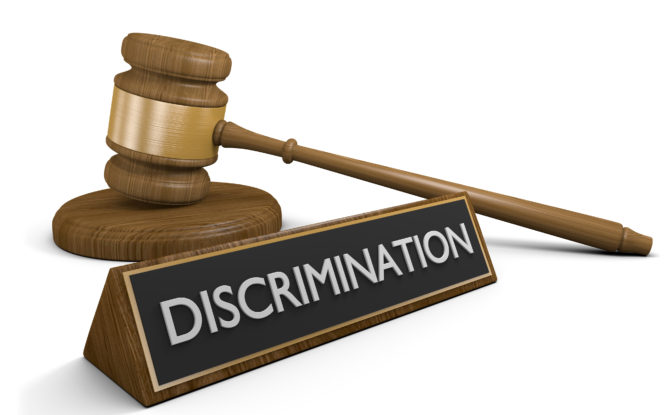
What the Seventh Circuit Said About Sexual Orientation Discrimination
The full bench of the US Seventh Circuit Court of Appeals, based in Chicago, substantially advanced the cause of gay rights on April 4, finding that Title VII of the 1964 Civil Rights Act prohibits employment discrimination based on sexual orientation.
Title VII applies generally to private sector employers with 15 or more workers as well as to many federal, state, and local government operations, and, though the statute’s text does not mention sexual orientation, the court found that discrimination against gay, lesbian, and bisexual people is a form of prohibited sex discrimination.
What is particularly amazing about the unprecedented decision in Kimberly Hively v. Ivy Tech Community College – the first such ruling by a federal appeals court – is that the Seventh Circuit is composed overwhelmingly of Republican appointees, many named as long ago as the Reagan administration.
The lead opinion was written by Chief Judge Diane Pamela Wood, appointed by Bill Clinton, but the eight-member majority of the 11-judge bench included more Republicans than Democrats. Many of the judges in the majority could be generally characterized as judicial conservatives.
Wood’s opinion was joined by Frank Easterbrook (a Reagan appointee), Ilana Rovner (George H. W. Bush), Ann Claire Williams (Clinton), and David F. Hamilton (the only Obama appointee on the circuit). Richard Posner (a Reagan appointee) wrote a concurring opinion, as did Joel Martin Flaum (Reagan), his joined by Kenneth Francis Ripple (Reagan).
The dissent by Diane S. Sykes (a George W. Bush appointee) was joined by Michael Stephen Kanne (Reagan), and William Joseph Bauer (Ford).
The circuit’s decision to grant en banc review clearly signaled a desire to reconsider the issue, which Rovner had called for doing in her opinion for the three-judge panel that originally heard the case. At that time, Rovner made a persuasive case that changes in the law since the Seventh Circuit previously ruled negatively on this question called out for reconsideration.
Observers who attended the November oral argument or listened to the recording of it generally agreed the circuit was likely to overrule its old precedents, the only mystery being who would write the opinion, what theories they would use, and who would dissent.
The lawsuit was filed by Kimberly Hively, a lesbian who worked as an adjunct professor at the college, located in South Bend, Indiana. Despite years of successful teaching, her attempts to win tenure were continually frustrated. Her contract was eventually not renewed under circumstances that led her to believe it was because she is a lesbian.
by Arthur Leonard – Gay City News
Click here to read the entire article.
